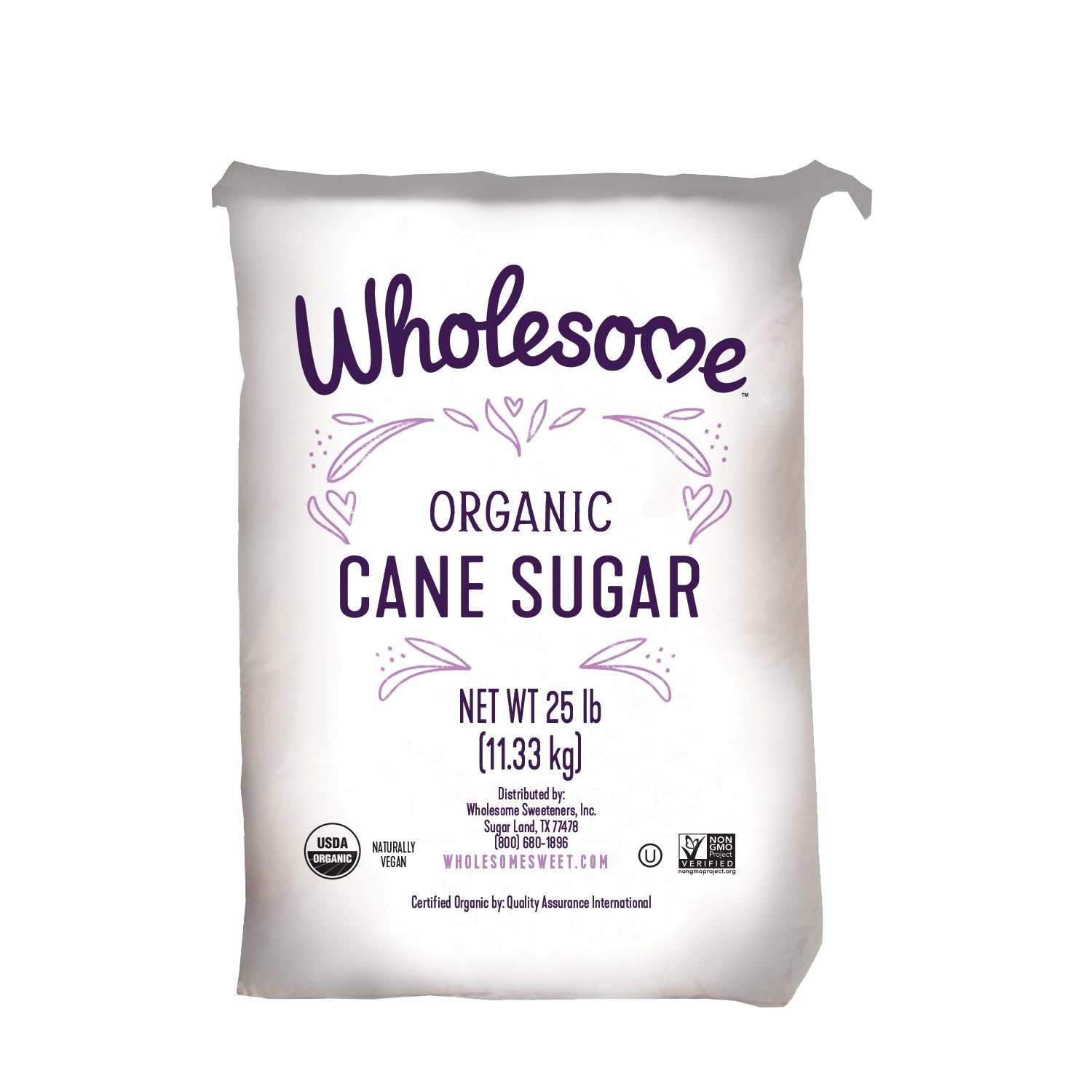Cane Sugar Processing Explained: What Occurs Inside a Sugar Mill
Cane Sugar Processing Explained: What Occurs Inside a Sugar Mill
Blog Article
A Thorough Summary of the Wellness and Economic Implications of Cane Sugar Handling on Neighborhood Areas
Cane sugar handling plays a pivotal role in shaping the financial landscape of regional neighborhoods, supplying employment opportunities and boosting supplementary industries. The health implications connected with high sugar usage can not be ignored, as they contribute to climbing prices of weight problems and diabetic issues.
Economic Advantages of Cane Sugar Handling
Walking stick sugar processing offers significant financial benefits that expand beyond the prompt farming industry. The growing and handling of sugarcane create numerous task chances, from farming to manufacturing and circulation. This employment generation not just supports local economies yet likewise fosters community advancement by providing secure income resources for households.
Moreover, the sugar market stimulates secondary companies, consisting of transportation, tools supply, and packaging solutions (Cane Sugar Processing). As these industries grow, they add to an extra durable financial structure, boosting general area durability. The export possibility of processed walking stick sugar additionally magnifies economic advantages, placing areas as competitive gamers in international markets
Investment in contemporary handling facilities can result in raised productivity and performance, therefore decreasing waste and enhancing resource use. This shift not only benefits the regional economic climate yet additionally supports sustainability efforts by decreasing ecological impacts.
Additionally, the earnings generated from walking stick sugar processing can be reinvested in regional facilities, education and learning, and healthcare, advertising holistic community growth. On the whole, the economic benefits of cane sugar processing are multifaceted, offering a structure for sustaining success in farming areas.
Health Risks Associated With Sugar Consumption
Excessive sugar usage positions considerable health dangers that necessitate significant focus. High consumption of included sugars, specifically from processed drinks and foods, has been linked to various health and wellness complications. Among one of the most important problems is obesity, as sweet diet plans contribute to an enhanced caloric intake without giving essential nutrients. This excess can result in metabolic disorders, consisting of type 2 diabetic issues, which has ended up being significantly prevalent in both adults and kids - Cane Sugar Processing.
In addition, high sugar usage is related to heart disease. Raised blood sugar levels can bring about insulin resistance, a forerunner to different heart-related issues. In addition, sugar can have damaging results on dental health, leading to dental caries and gum illness, as bacteria in the mouth flourish on sugar, creating acids that deteriorate tooth enamel.
Moreover, arising research recommends a prospective web link in between high sugar consumption and psychological health disorders, such as clinical depression and anxiety. As areas come to grips with these wellness risks, it ends up being necessary to promote understanding and urge much healthier dietary options. Addressing sugar consumption is important not just for specific health however likewise for the general well-being of local areas, highlighting the need for thorough public wellness approaches.
Ecological Impacts of Sugar Production
Often ignored in conversations regarding sugar's effects is the substantial ecological effect of sugar production. The growing of sugarcane often demands extensive land usage, leading to deforestation, loss of biodiversity, and disturbance of neighborhood environments. The conversion of woodlands and marshes right into sugar ranches can result in habitat devastation, threatening many types and changing environmental balance.
Moreover, sugar manufacturing is resource-intensive, consuming significant quantities of water for watering. This can bring about exhaustion of regional water sources, negatively influencing both agricultural practices and area accessibility to tidy water. In addition, the use of chemical fertilizers and pesticides in sugarcane farming can add to dirt deterioration and water contamination, as drainage from these chemicals gets in neighboring rivers and lakes, affecting aquatic life and human wellness.
The environmental impact reaches the handling phase, where power usage and waste generation more intensify eco-friendly problems. Air contamination from burning sugarcane areas, in addition to greenhouse gas exhausts, contribute to environment change. Because of this, the ecological implications of sugar production warrant major factor to consider, advising stakeholders to embrace more lasting techniques to mitigate these damaging effects on neighborhood ecosystems and neighborhoods.
Work Production and Neighborhood Development
The environmental obstacles posed by sugar manufacturing are often counteracted by its potential for economic advantages, specifically in job development and area development. The walking cane sugar industry acts as a significant source of work in many rural locations, providing jobs throughout numerous skill levels, from agricultural labor to processing and distribution functions. This work not just supports individual family members but also adds to the total financial vitality of regional neighborhoods.
Additionally, the establishment of sugar processing facilities stimulates ancillary organizations, such as transportation services, equipment supply, and maintenance carriers. As these companies flourish, they create extra jobs and reinforce regional economic situations. The earnings produced from the sugar market also results in enhanced tax earnings, which can be reinvested right into area solutions such as infrastructure, healthcare, and education growth.
In addition, the sugar sector commonly participates in area advancement initiatives, such as sustaining regional colleges and health and wellness programs, thus enhancing the lifestyle for locals. By cultivating solid neighborhood ties and advertising financial growth, the walking stick sugar handling industry plays an essential role in read here uplifting local populaces, making it a vital element of sustainable development methods in sugar-producing areas.
Harmonizing Health and Economic Development
In browsing the intricacies of cane sugar processing, an important challenge exists in balancing wellness factors to consider with economic development. The sugar market substantially adds to neighborhood economic situations by generating tasks, stimulating related fields, and increasing read this post here tax earnings. However, the wellness implications related to extreme sugar intake can result in persistent conditions such as obesity, diabetes mellitus, and cardiovascular concerns, which can problem public wellness systems and decrease workforce performance.

In addition, regulative frameworks can play a critical function in leading industry methods towards even more lasting and health-conscious approaches. By promoting cooperation in between government bodies, wellness organizations, and the sugar industry, communities can navigate the duality of health and economic growth, making sure that the advantages of walking cane sugar processing are equitably shared while prioritizing public health.
Conclusion
To conclude, the handling of walking cane sugar offers both significant financial advantages and remarkable health dangers for neighborhood neighborhoods. While it cultivates task development and promotes regional development, the involved health issues, especially concerning obesity and diabetic issues, require a cautious balancing act. By promoting responsible intake and investing in area education and learning and lasting methods, it is feasible to make the most of economic benefits while minimizing negative health effects, therefore making sure a much healthier future for regional populations.
Additionally, sugar can have destructive effects on oral wellness, resulting in tooth cavities and gum condition, as bacteria in the mouth thrive on sugar, generating acids that wear down tooth enamel.
Addressing sugar usage is vital not only for individual health and wellness but likewise for the overall health of regional areas, highlighting the demand for thorough public health approaches.
Often forgotten in discussions about sugar's ramifications is the significant ecological effect of sugar production. The wellness implications linked with excessive sugar consumption can lead to persistent diseases such as weight problems, diabetes, and cardiovascular issues, which can burden public health and wellness systems and decrease labor read this force productivity.

Report this page